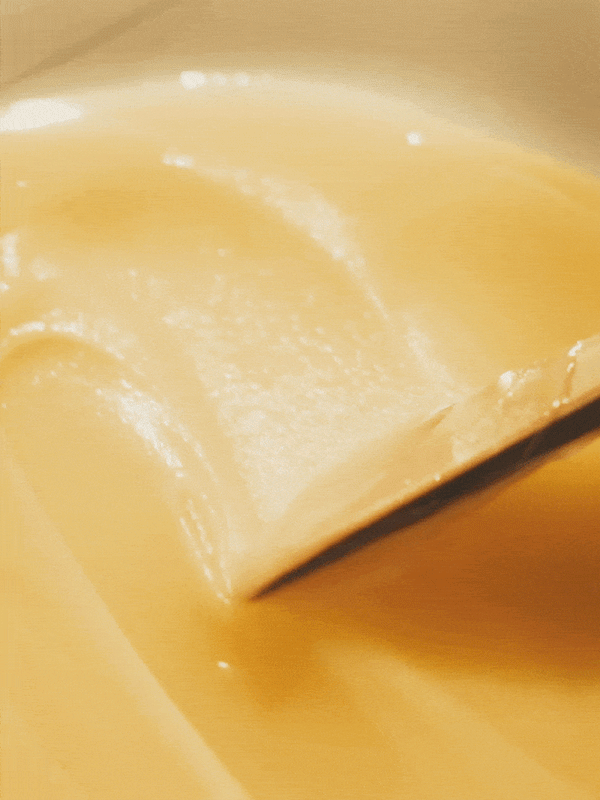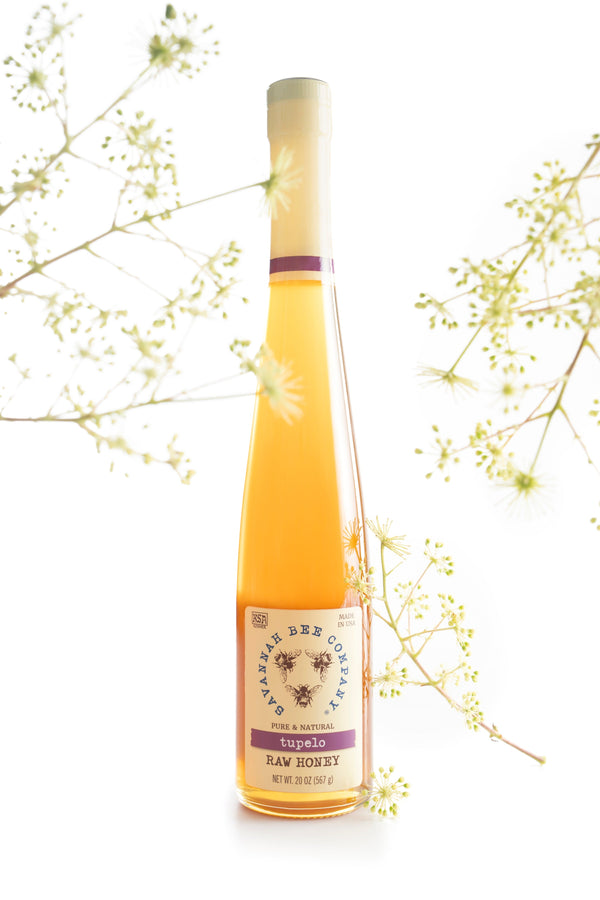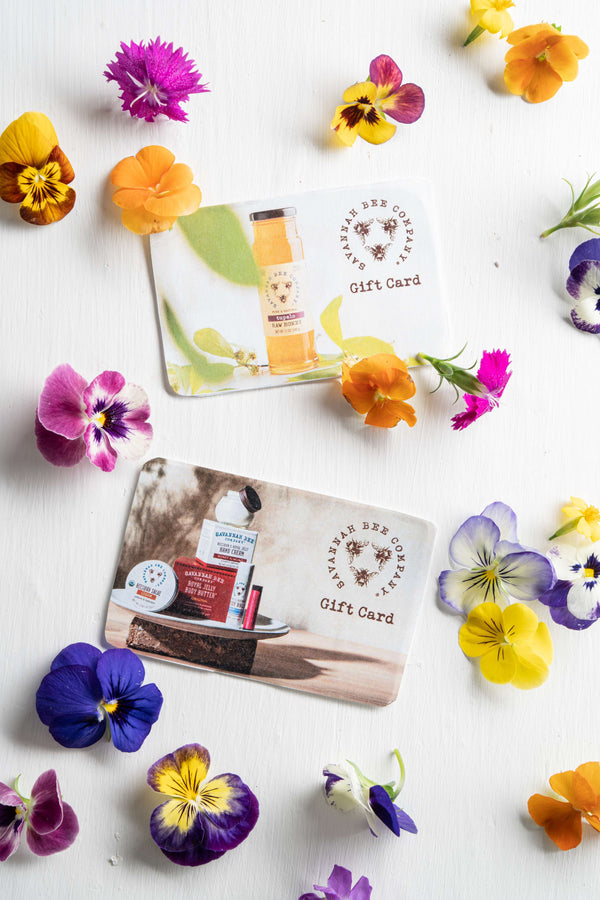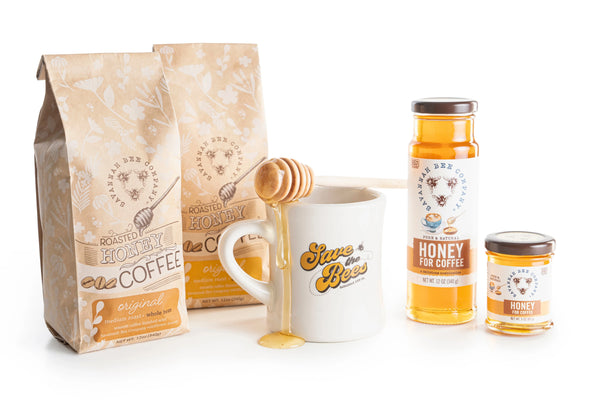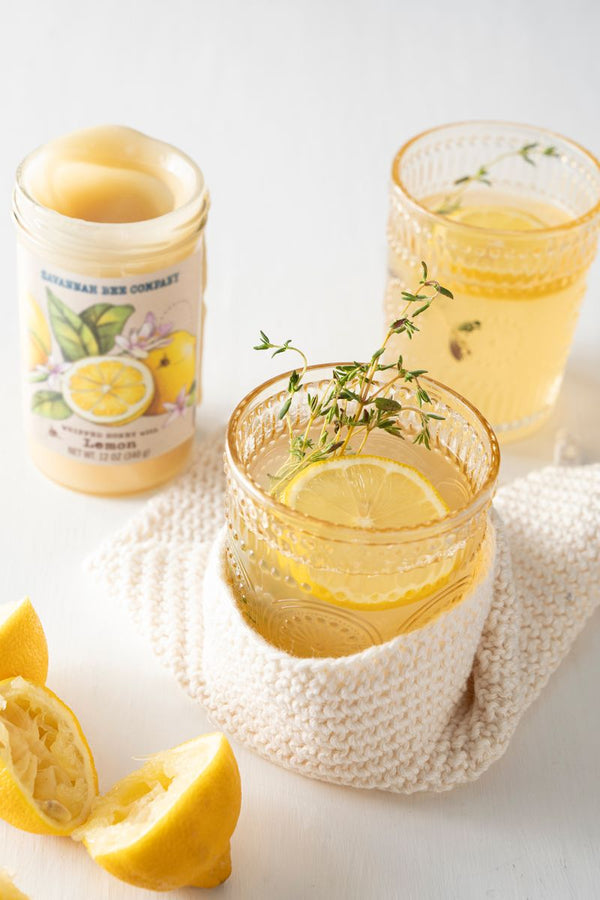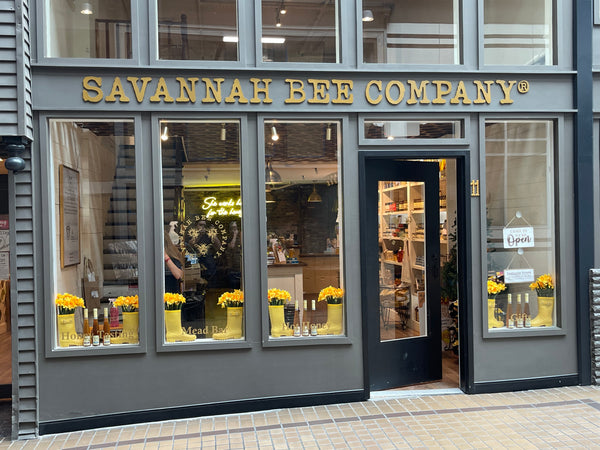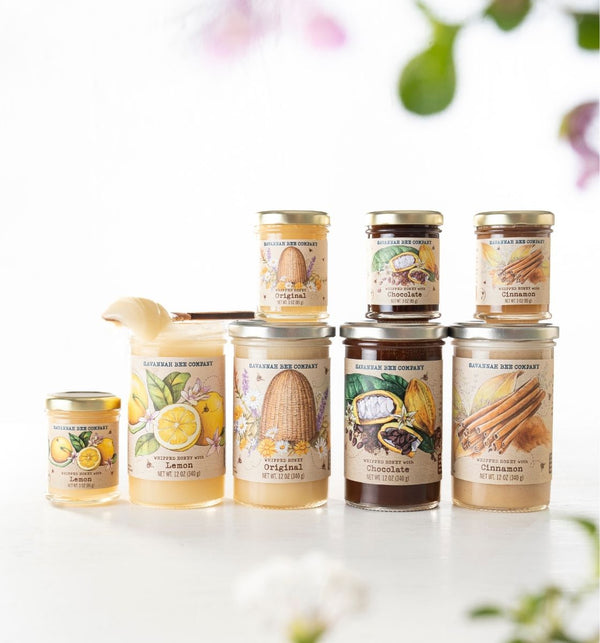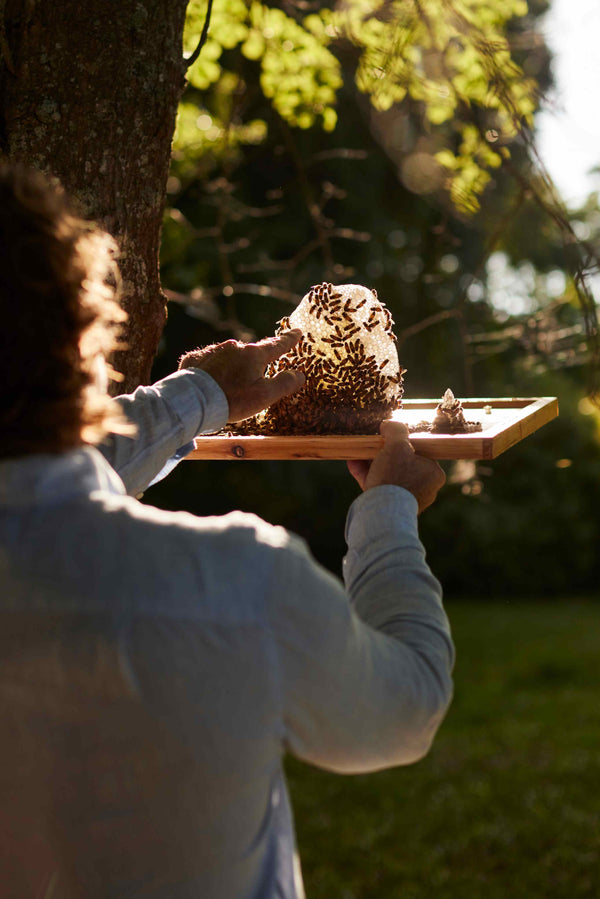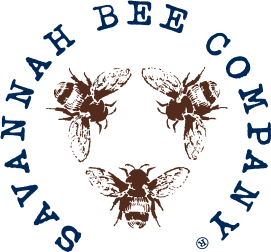How Sav Bee Co. Made Its New Boiler Tank...Kosher?
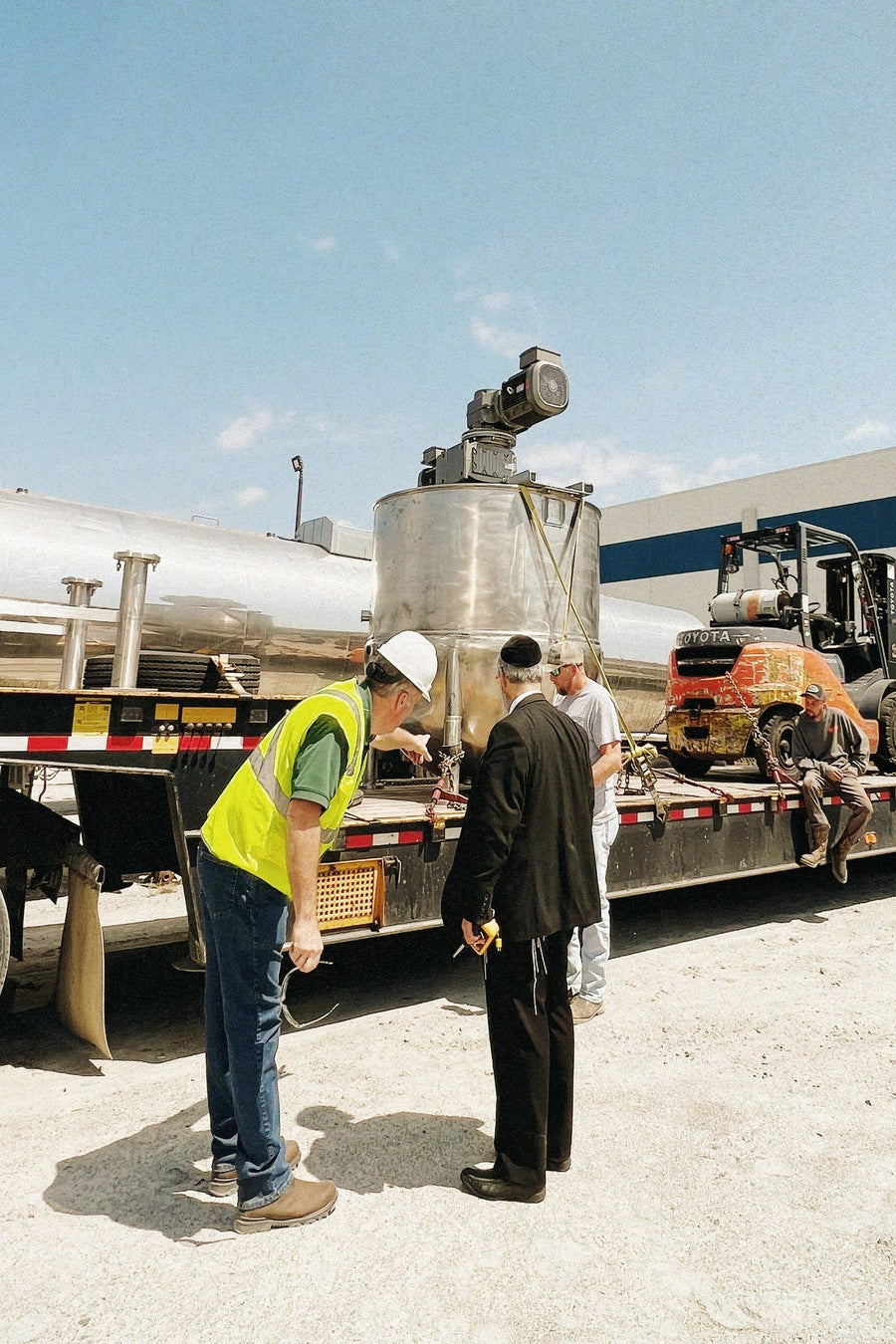
"
We’re all very excited around here to welcome our new boiler tank.
It may not seem like a rockin’ good time to you, but this big metal baddie plays an essential role in how Savannah Bee Co. honey finds its way to the shelves.
“It’s an important piece of equipment,” says Felicia Renick, SBC’s Food Safety Coordinator. “It’s how we warm the honey to a liquified state so it can travel through various pipes to get to our containers.”
Our previous tank held seven drums of honey, but this new boiler will process more than 20 drums of honey at a time into our jars, bottles, and recyclable squeezers. Imagine all that golden goodness!
But before any honey could come through the tank, we had to make it kosher.
What is kosher?
At Savannah Bee Co., we’re very proud and honored to serve Jewish communities far and wide. That means we make sure that all of our facilities, equipment, and products meet the standards of kosher law, as administered by a rabbi.
If you take a peek on the bottom corner of any of our labels, you’ll see a little square that says “KSA kosher.” That stamp says whatever is inside has been approved by the Kosher Supervision of America, making it “fit for consumption” at the Passover seder, the Rosh Hashanah table, or brought as a gift to a Jewish home.
Four times a year, Rabbi Yerucham Shochet of Kosher Savannah comes by the Hive to inspect our operations and renew our certification. We follow his recommendations to the letter, because any misstep could mean having our kosher status revoked, and we don’t want that—next to Christmas, Rosh Hashanah is our busiest holiday!*
So of course, when we found out we were replacing our old tank, we gave Rabbi Shochet a call.
‘Kashering’ the new tank
Before we could bring our new multi-gallon marvel to the Hive, it had to be washed according to kosher standards.
On a recent sunny spring afternoon, a large truck with the massive tank strapped to the back drove up to the Quala Wash in Garden City, a few miles from Savannah. Rabbi Shochet and our food safety queen Felicia were waiting. To “kasher” something means to “make kosher,” and using extremely hot water for an extended amount of time would do the job.
To be clear, it’s not the honey that needs to be kashered, it’s what it touches. Straight from the bees, honey needs no special treatment.
“Honey is already intrinsically kosher,” explained Rabbi Shochet as the Quala staff readied their hoses. “Unless something has been done to make it unkosher.”
That happens if the honey becomes mixed with an unkosher product, or if it is warmed above 120F or sits too long in a non-kosher pot.
“The way we view it, when you cook something in a pot, the walls of it will absorb flavor. The next time you use it, it will impart that flavor to what you’re cooking next,” continued the rabbi.
“Think of cooking onion soup—no matter what you make in that pot afterwards, it’s always going to taste a little bit like onion. You need an intermediary step to remove the flavor.”
Though our new tank appeared sparkling clean, we didn’t really know what it had been used for before, so it was necessary for Rabbi Shochet to oversee its kashering.
No blessings, just science
To neutralize the new tank and remove any residual unkosherness, what was required was heat—and not the Scotch bonnet pepper kind that fires up our Hot Honey.
“Think of a boiling kettle,” suggested Rabbi Shochet. “A really big one.”
Measuring the tank, he determined that condensation inside must reach 200F and stay there for a half hour to eliminate previous materials. The Quala staff connected their hoses to a water heater, eliciting a high-pitched shriek that indeed sounded like, well, a giant tea kettle.
However, things were delayed when it was discovered that the temperature was not reaching the mark. But after a few more tries and a replacement seal on one of the pipes, steam began billowing out the top of the tank. Everyone cheered, and looked to the rabbi to see if he would now recite a blessing.
“Nope, that’s it,” laughed the rabbi, adding that it’s a very common misconception that kashering something requires a special prayer.
It doesn’t; what’s essential is that the rabbi has overseen the process and made sure it followed the standards set by the KSA, which are interpreted from the laws of the Torah. It’s not the blessing that matters, it’s the process of cleaning and neutralizing that makes it kosher.
As the rabbi says, “It’s not spiritual, it’s science!”
With his signature, the deed was done. Our new boiler tank is now officially kosher and ready to move more honey than ever from the SBC Hive to you.
As our Jewish friends say, L’chaim!
*Celebrated in the fall, Rosh Hashanah is the Jewish New Year and has a long tradition of serving apples and honey to bring in “sweet new year.”
#savethebees
Published



